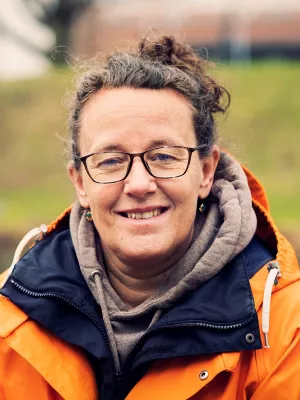
Johanna Alkan Olsson
Social environmental scientist

Methodology to translate policy assessment problems into scenarios: the example of the SEAMLESS integrated framework
Author
Summary, in English
Scenario-based approaches in environmental and policy assessment studies are increasingly applied within integrated assessment and modelling frameworks. The SEAMLESS project develops such an integrated framework (SEAMLESS-IF) aiming to assess, ex-ante, impacts of alternative agro-environmental policies on the sustainability of agricultural systems. A particular challenge in this context is the consistent translation of a wide range of policy questions into scenarios that a modelling framework can assess. The present work defines a methodology for scenario-development in integrated policy assessment with specific emphasis on SEAMLESS-IF. After a general overview on scenario concepts for integrated policy assessment the adopted scenario concept and its development procedure is presented. They allow building integrated scenarios capturing the range of drivers of the assessed agricultural system in a consistent way across temporal and spatial scales. Then focus is on the particular procedures to translate the policy assessment questions into scenario parameters and to implement these parameters into SEAMLESS-IF. Two examples targeted at European and regional level combining integrated assessments of policy changes and technological innovations are considered to illustrate the SEAMLESS scenario concept. We conclude that the proposed methodology to translate policy assessment problems into scenarios effectively supports integrated assessment in SEAMLESS-IF or even in other modelling frameworks. (C) 2009 Elsevier Ltd. All rights reserved.
Department/s
- LUCSUS (Lund University Centre for Sustainability Studies)
Publishing year
2009
Language
English
Pages
619-630
Publication/Series
Environmental Science and Policy
Volume
12
Issue
5
Document type
Journal article
Publisher
Elsevier
Topic
- Other Social Sciences
Keywords
- Agricultural systems
- Integrated assessment and modelling
- Scenario
- Scales
Status
Published
ISBN/ISSN/Other
- ISSN: 1462-9011